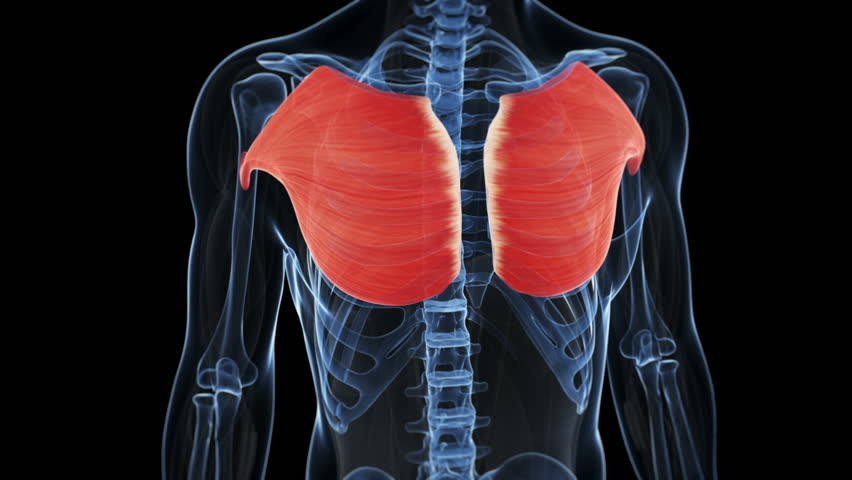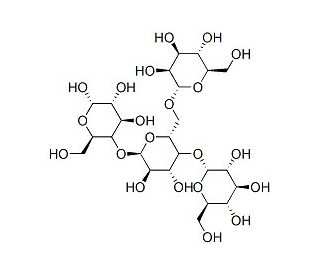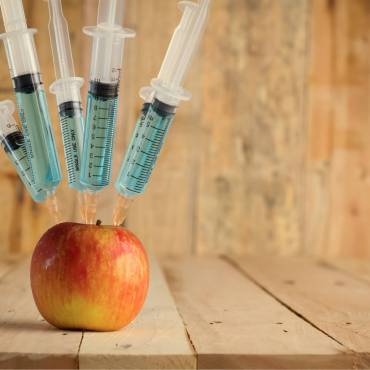Glycogen Metabolism
Glycogen Metabolism
By Dr. Allan Bacon
Muscle or Liver?
In the human body, glycogen is a branched polymer of glucose stored mainly in the liver and the skeletal muscle that supplies glucose to the blood stream during fasting periods and to the muscle cells during muscle contraction, respectively.
The majority of glycogen is stored in skeletal muscles (∼500 g) and the liver (∼100 g). Glycogen is accumulated in the liver primarily during the post-prandial period (after eating) and in the skeletal muscle predominantly after exercise.3
Glycogen is the main energy substrate during exercise intensity above 70% of maximal oxygen uptake (VO2max) and fatigue develops when glycogen stores are depleted in the active muscles. After exercise, the rate of glycogen synthesis is increased to replete glycogen stores, and blood glucose is the substrate.
The reduced glycogen stores in skeletal muscles after exercise allows carbohydrates to be stored as muscle glycogen and prevents that glucose is channeled to de novo lipid synthesis, which over time will causes ectopic fat accumulation and insulin resistance. The reduction of skeletal muscle glycogen after exercise allows a healthy storage of carbohydrates after meals and prevents development of type 2 diabetes.3
Liver glycogen supplies glucose to the blood stream during fasting periods whereas glycogen stored in skeletal muscle provides glucose to muscle fibers during muscle contraction. Liver glycogen content decreases during fasting (~28 hours to deplete) and muscle glycogen content diminishes after exercise in working muscles.
Contrary to popular belief, skeletal muscle glycogen does not deplete quickly on its own; it is barely affected during a 24-48 hour fast if a person is at rest. Even at 72 hours, glycogen only decreases by ~30% when fasting and at rest.4 Interestingly, the use of glucose only occurs in working musculature. Skeletal muscle content in inactive muscles remains unchanged.4
As a point of reference for skeletal muscle glycogen usage in working musculature: using 80% of 1 rep max weight to failure of bicep curls for consecutive sets, glycogen levels are depleted ~12.5% after the first set and by ~25% of original storage by the third set.1
This suggests that skeletal muscle glycogen stores are actively depleted during resistance exercise, but it appears that there is a relative state of attenuation with regards to how much glycogen is depleted (it tends to deplete less for the same effort in subsequent attempts). Even when performing high volume training (16 total sets of 160 reps of a single muscle group), muscle glycogen stores were only depleted ~33%.2 Standard eating patterns will easily replenish this before a training bout the following day.
In addition to attenuating glycogen use in repeat efforts, elevated concentration of free fatty acids in plasma helps to spare skeletal muscle glycogen during exercise. Prior exercise enhances the capacity of skeletal muscle to store glycogen, expanding the glycogen reserve in active muscles. Skeletal muscle biopsy samples from volunteers demonstrate that, in previously exercised muscles, the glycogen content during recovery increases rapidly…reaching a greater level compared to previous levels!4
Because of these characteristics, muscle glycogen stores are unlikely to become a limiting factor in typical resistance training scenarios. Carbohydrate pre-loading for weight training performance enhancement does not appear necessary, nor is it likely needed to ingest carbs during exercise.
Similarly, carbohydrate pre-loading has shown no additional advantage in improving muscle mass in resistance-trained individuals in typical scenarios (it is worth noting this study also supports the idea that carb pre-loading for performance purposes in resistance training is generally unnecessary).5
There are however some atypical scenarios in which specific carbohydrate administration periworkout may be advantageous: heavy cardiovascular training, significant carbohydrate restriction scenarios, single day multi-bout training, or greatly extended/high volume workouts.
Further Research
Data demonstrate that 1) prolonged steady-state running necessitates a greater glycogen requirement than shorter but higher-intensity track running sessions, 2) female participants display evidence of reduced resting muscle glycogen concentration and net muscle glycogen utilization when compared with male participants, and 3) net glycogen utilization is higher in the G muscle compared with the VL.
doi: 10.1249/MSS.0000000000002332
To maximize recovery of glycogen stores and the capacity to perform in subsequent endurance exercise, athletes should consider ingesting at least 1.2 g carbohydrate per kilogram body mass per hour – for the first few hours of recovery – as a mixture of fructose and glucose-based carbohydrates. However, if a goal is increased capacity for fat oxidation, athletes should consider restricting carbohydrate intakes during recovery from some key training sessions.
DOI: 10.1097/MCO.0000000000000761
Overall, our findings indicate conventional high-carbohydrate intake recommendations of 4–10 g/kg/day may be excessive for the performance of strength trainees, such as bodybuilders, powerlifters and Olympic weightlifters. Based on the inconclusive evidence and potential for benefits but not harm, strength trainees are advised to consume at least 15 g carbohydrates and 0.3 g/kg protein within 3 hours of their training sessions. If the workout contains eleven or more sets per muscle group or there is another high-intensity workout planned that day for the same musculature, higher carbohydrate intakes up to 1.2 g/kg/h may be warranted to maximize glycogen resynthesis in between workouts. Future research is needed to validate these dosages.
doi.org/10.3390/nu14040856
Heavy resistance exercise mediates a substantial utilization of glycogen from all three subcellular localization in type 2 fibres, while mostly taxing intermyofibrillar glycogen stores in type 1 fibres. Thus, a better understanding of the impact of resistance training on myocellular metabolism and performance requires a focus on compartmentalized glycogen utilization.
doi.org/10.1111/apha.13561
Post-exercise glycogen synthesis is enhanced by a higher calorie intake when coingesting CHO-PRO compared to the same amount of CHO alone. Ingesting CHO-PRO does not impair muscle glycogen synthesis when compared to an isocaloric amount of CHO only.
DOI: 10.1249/MSS.0000000000002476
After a single overnight fast, only liver glycogen stores are depleted, not skeletal muscle.
DOI: 10.1123/ijsn.1.1.28
Muscle glycogen stores are unaffected by an overnight fast.
DOI: 10.3390/nu10030298
This review suggests that there is little or no effect of elevating pre-exercise muscle glycogen contents above normal resting values on a single exhaustive bout of high-intensity exercise lasting for short periods (substantial glycogen remains in the working muscles at the end of exercise). Nor is there any benefit of increasing starting muscle glycogen content on moderate-intensity running or cycling lasting 60 to 90 minutes. Elevated starting muscle glycogen content will postpone fatigue by ~20% in endurance events lasting >90 minutes. Glycogen supercompensation may improve endurance performance in which a set distance is covered for time. High carb diets may improve endurance performance by 2-3%.
doi.org/10.2165/00007256-199724020-00001
Therefore, the result indicates that the carbohydrate loading regimen had no enhanced effect on resistance exercise as well as muscle girth. This study results suggest that carbohydrate loading has no additional advantage in improving resistance exercise and muscle mass in resistance-trained individuals.
PMID: 34226474
Citations
- DOI: 10.1139/h99-017
- DOI: 10.1007/s00421-005-0118-0
- doi: 10.3389/fphys.2011.00112
- doi: 10.1016/j.bbacli.2016.02.001
- PMID: 34226474









